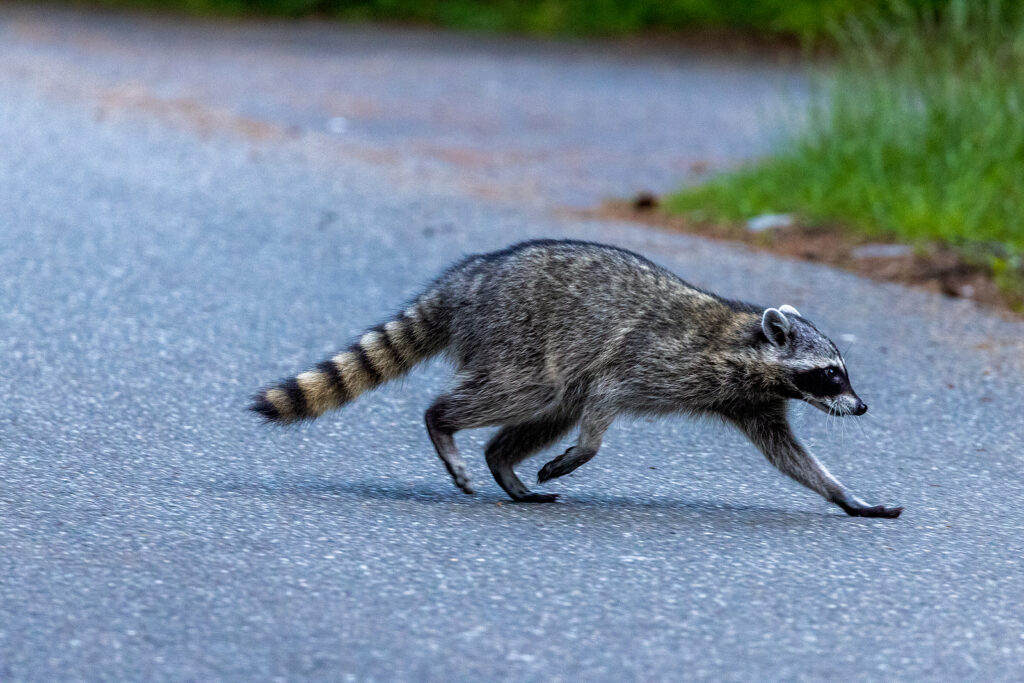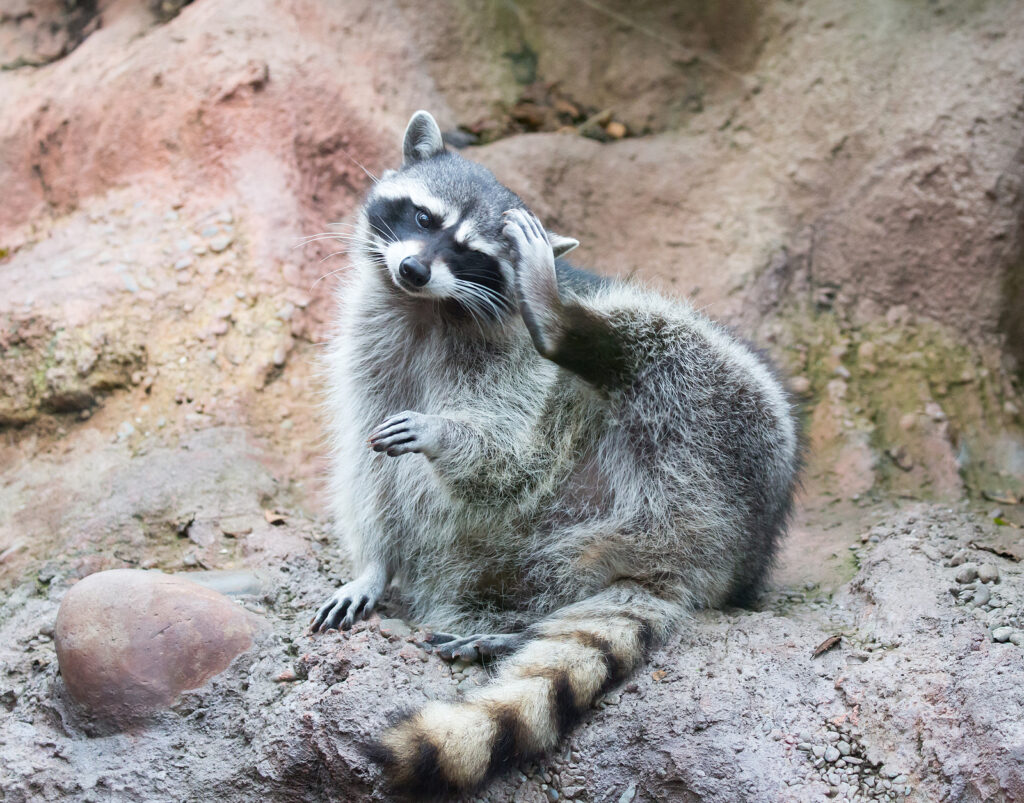Raccoons are cute, but they can be dangerous too. While these furry critters may look harmless, it’s important to know the risks associated with nuisance raccoons and how to protect yourself from them. In this blog post, we will cover the dangers of raccoon encounters including diseases they carry, tips for raccoon removal, and raccoon control measures you should take if you have a raccoon infestation in your home. Knowing what threats raccoons pose is essential for protecting your family and pets from potential harm.
Continue reading to learn more about the risks posed by these common nuisance animals!

Raccoon Diseases
When it comes to raccoon diseases, there are several that you should be aware of. The most common and serious is Rabies, which can be contracted through contact with a raccoon or its saliva. Other diseases include roundworm, leptospirosis, and salmonella, all of which can cause severe illness in humans. If you ever come across a raccoon that appears sickly or looks lethargic, do not approach the animal, and call your local Indiana wildlife control agency for assistance.
Raccoon Removal
If you already have an infestation of raccoons in your home or property, it’s important to act quickly to remove them before they cause more damage or spread disease. Professional raccoon removal services can help you humanely remove raccoons from your property. They can also help with any necessary repairs and cleanup that may be required after the animals are removed.
Raccoon Proofing
Once the raccoons have been removed, it’s important to take steps to prevent future infestations. Raccoon-proof your home by sealing up any openings or access points they may use to get in, such as chimneys, attics, and vents. If these areas cannot be sealed off, consider installing an electric fence around your property to keep raccoons away. Additionally, secure all garbage cans tightly and don’t leave pet food or bird seed outside overnight as this will attract raccoons looking for a free meal.
You can also make a homemade raccoon repellent spray. The ingredients you’ll need are easy to find and can likely be found in your kitchen pantry. These include water, white vinegar, garlic powder, cayenne pepper, and dish soap. You can also use menthol oil, capsaicin oil, or putrescent egg. Just combine the ingredients of your choosing in a spray bottle and then apply it to raccoon-prone areas, like gardens or trash cans. Reapplication every couple weeks should be enough to keep raccoons away for good! Be sure to keep kids and pets away from any treated areas.
Protect Your Property and Loved Ones With Raccoon Control and Awareness
By being aware of the risks associated with raccoons and taking preventative measures to control and remove them from your property, you can ensure your family is safe from any potential harm. If you want to get rid of raccoons in the Indianapolis area, your best option is to hire a qualified critter control company for expert removal services. Such teams are licensed and insured, so that you can have confidence that the job will be done properly.
So, call a professional Indianapolis raccoon removal service if you ever need assistance with getting rid of raccoons. They will have the proper knowledge, experience, and equipment to handle the situation safely.
Are you ready to skip the hassle of animal-proofing against raccoons yourself? Contact Indianapolis Raccoon Removal at 317-535-4605 for licensed and insured raccoon control services in Indianapolis, Indiana, and its surrounding counties. We serve residential and commercial properties at the most competitive prices around.
Related Posts:
How to Determine if You Have an Infestation of Raccoons in Your Home
How to Get Rid of Nuisance Raccoons With Garlic and Oil
Is Your Lawn a Target for Raccoon Grubbing?



